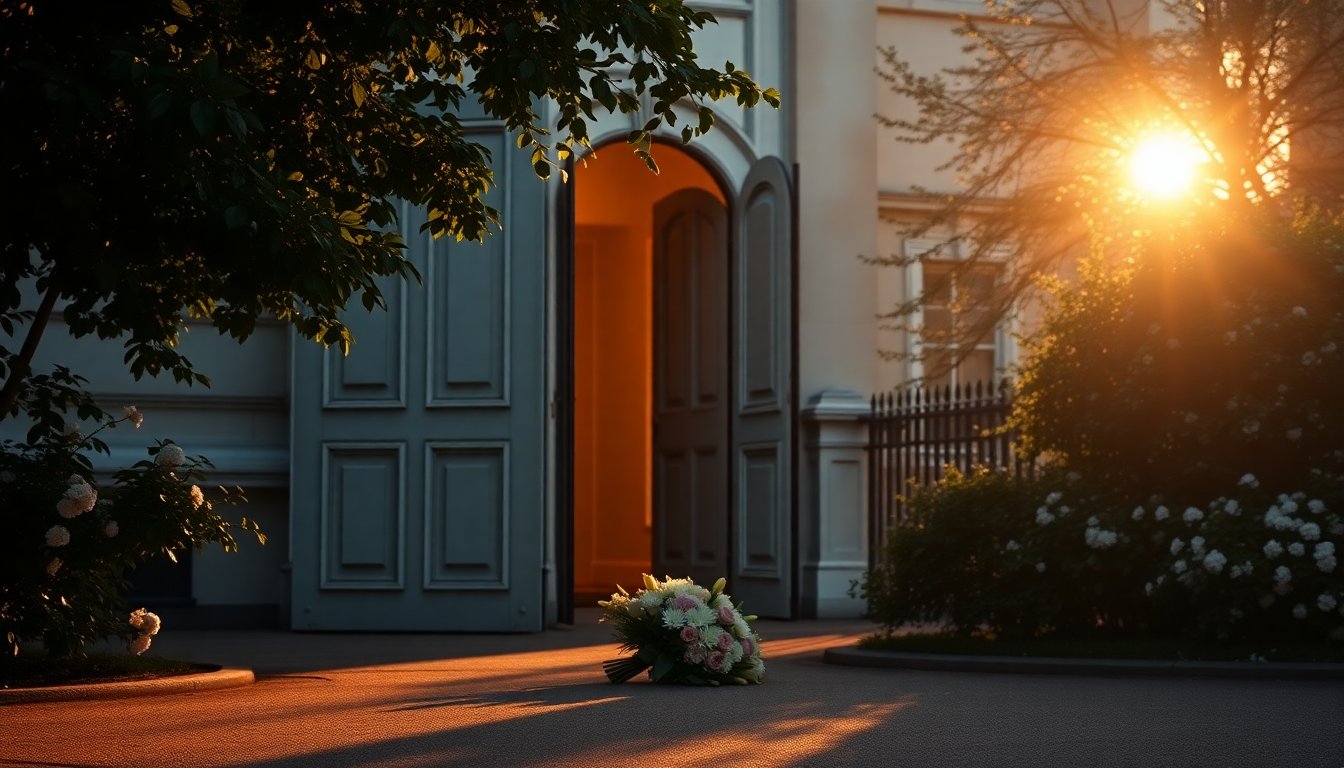Table of Contents
In a significant move, Prince Andrew announced that he would no longer use his title of Duke of York. This decision follows ongoing criticism regarding his connections to the late Jeffrey Epstein, a convicted sex offender. Andrew’s statement emphasizes his concern that the allegations against him have become a distraction for his brother, King Charles III, and the broader responsibilities of the British Royal Family.
Reflecting on his commitment to family and country, Andrew noted his choice made five years ago to withdraw from public engagements. He emphasized his desire to prioritize the duties expected of him as a member of the royal family. With the King’s approval, he deemed it necessary to take this further step in distancing himself from the royal accolades he has been granted.
The impact of allegations
Prince Andrew’s decision to relinquish his titles is rooted in a history of scandal. Notably, he settled a lawsuit in 2022 with Virginia Giuffre, who alleged that he sexually assaulted her as a minor. Andrew has consistently denied these claims. The recent release of Giuffre’s memoir, which reignites this narrative, further pressured him to reconsider his public persona. In her book, she described Andrew’s behavior as indicative of an entitlement mentality, asserting that he acted as if he had a birthright to exploit her youth.
Family discussions and royal implications
Sources within the royal household revealed that Andrew’s decision followed extensive discussions with senior family members. Reports suggest that King Charles III supported the change, recognizing the necessity for a more defined separation from the controversies surrounding Andrew. Although Andrew remains a prince and is eighth in the line of succession, his royal engagements will be further curtailed.
Despite stepping away from his title, Andrew will continue to reside at Royal Lodge, an estate near Windsor Castle. However, he will no longer participate in traditional royal events, such as the annual Christmas gatherings at Sandringham, marking a significant retreat from his previous royal duties.
Broader implications for the royal family
While Andrew’s two daughters, Princesses Beatrice and Eugenie, remain unaffected by his title change, the ripple effects of his past associations have also impacted his ex-wife, Sarah Ferguson. Following her controversial remarks about Epstein, several charities have severed ties with her, highlighting the broader consequences of Andrew’s associations.
Concerns of national security
In addition to the personal allegations, Andrew’s business dealings have drawn scrutiny. Court documents disclosed last December revealed that a Chinese businessman acting on Andrew’s behalf to attract investors was banned from the UK due to national security concerns, with allegations of espionage complicating Andrew’s public image.
The British Royal Family has seen a reduction in active members in recent years, notably with the departure of Prince Harry and Meghan Markle from royal duties. Andrew’s situation underscores the evolving dynamics within the monarchy and the challenges they face in maintaining public trust. Historian Anthony Seldon noted that this is an extraordinary step for a royal, remarking that it has been over a century since a senior royal was stripped of a dukedom.
As Prince Andrew embarks on this new chapter, the path ahead appears challenging. His decision to forfeit the Duke of York title may be viewed as an attempt to reclaim dignity and navigate the complexities of his legacy within the royal framework.


